
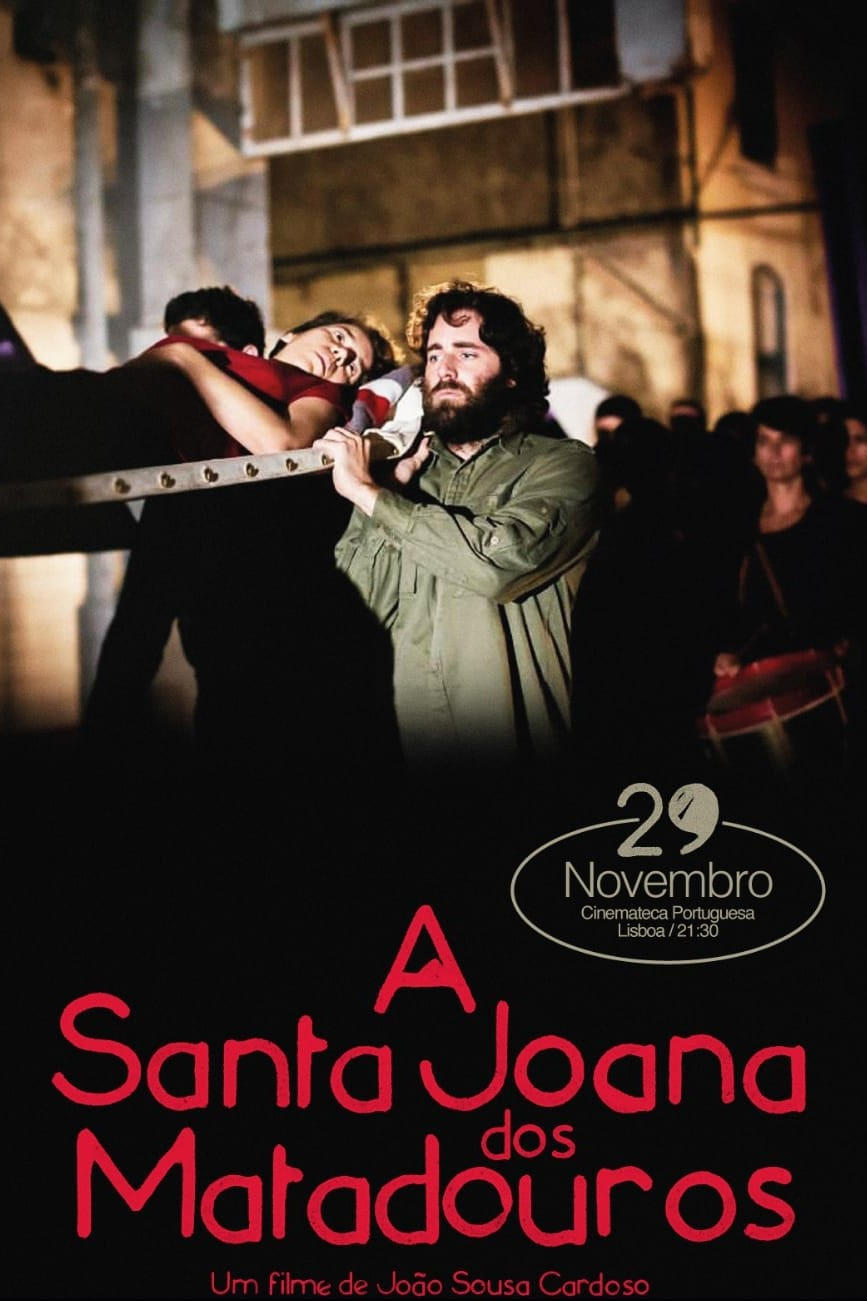
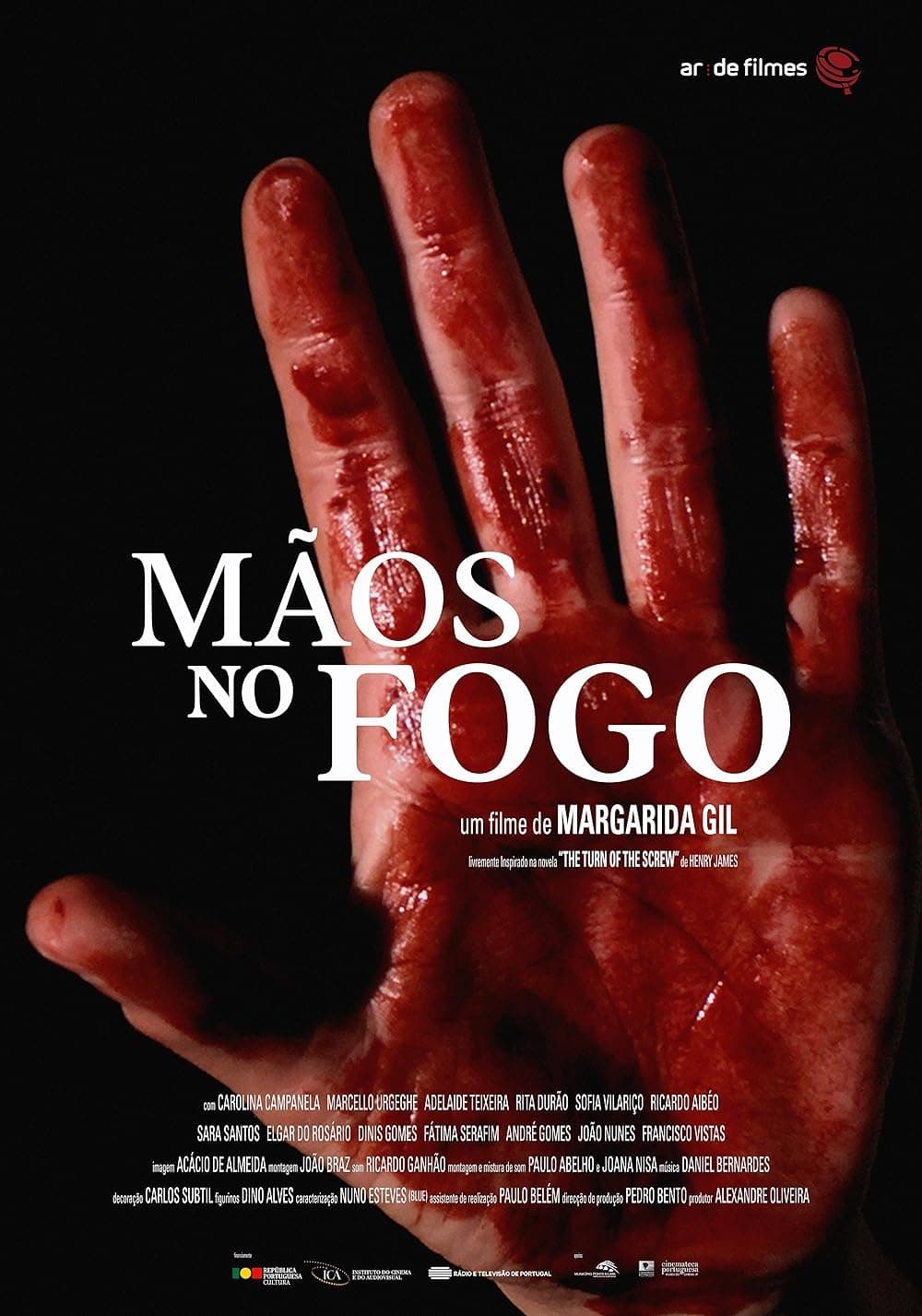
The young film student Maria do Mar is working on a documentary about the old manor houses along the Douro River. It is the final project in her thesis on “Reality in Cinema”. Maria has an unlimited confidence in what is visible. Her candour and her naivety allow her to see the bright side of life – such as the beauty of the landscape and the authenticity of the place, or what’s left of it. But when Maria enters the final manor house on her list, she soon realises that something is going on in this house that is not as innocent as it first seemed. The manor is truly a house of horrors.
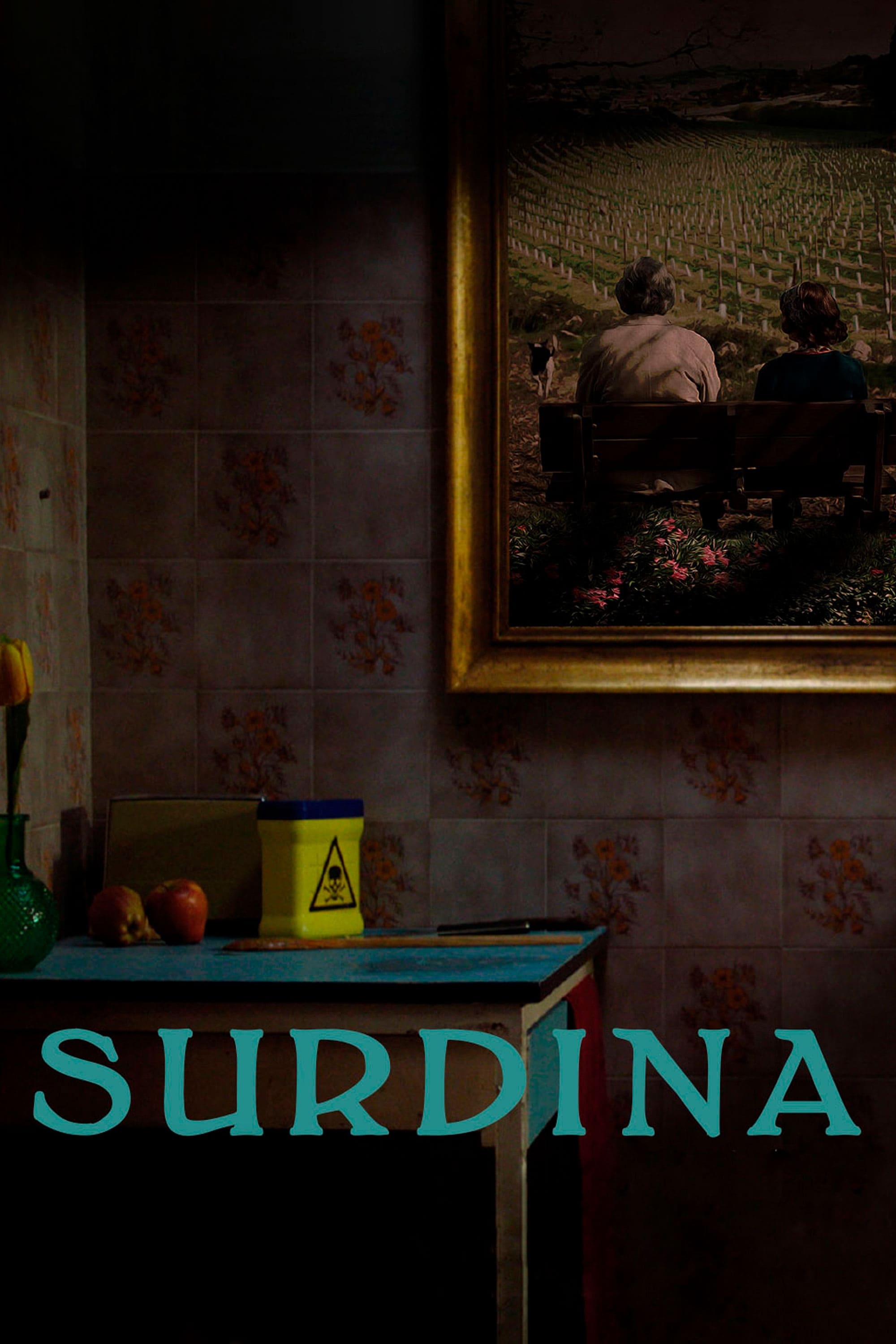
In a rural landscape, that resembles an old Portugal, an elderly man find out that his wife, whom he believed to be dead, was seen shopping in town. Spiteful and sad, he wants to hide from everyone, but his friends insist that he uses this situation to become stronger and try to get married again.
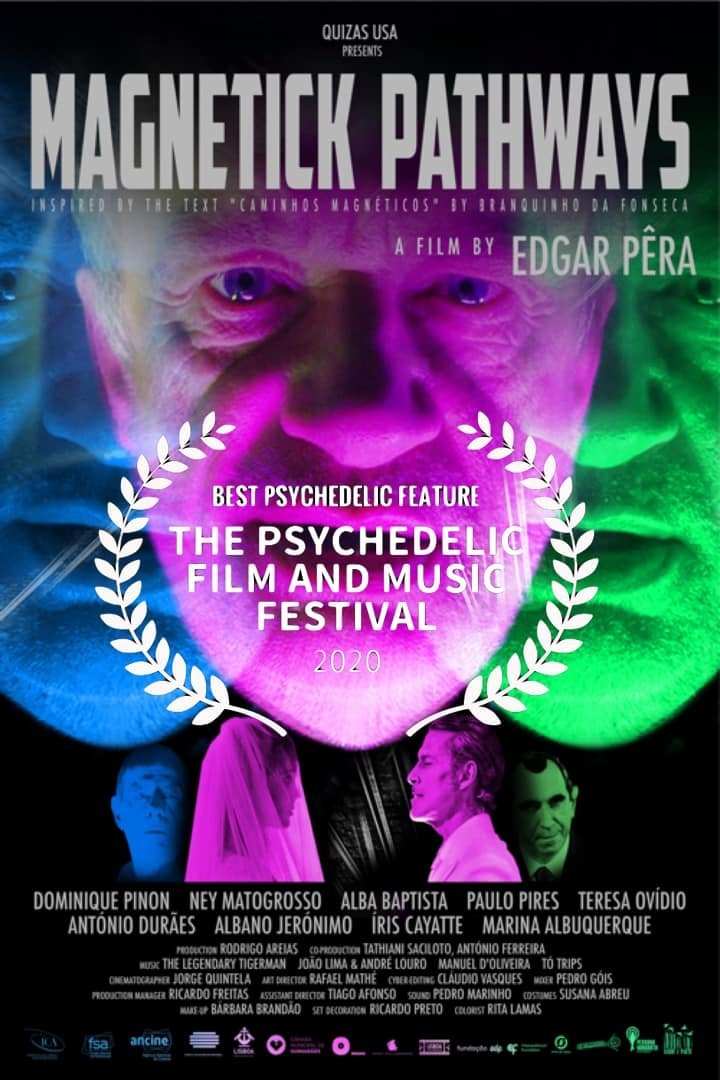
During a night of humiliation, Raymond lives an inner revolt and a kaleidoscopic journey in a country that is about to collapse.
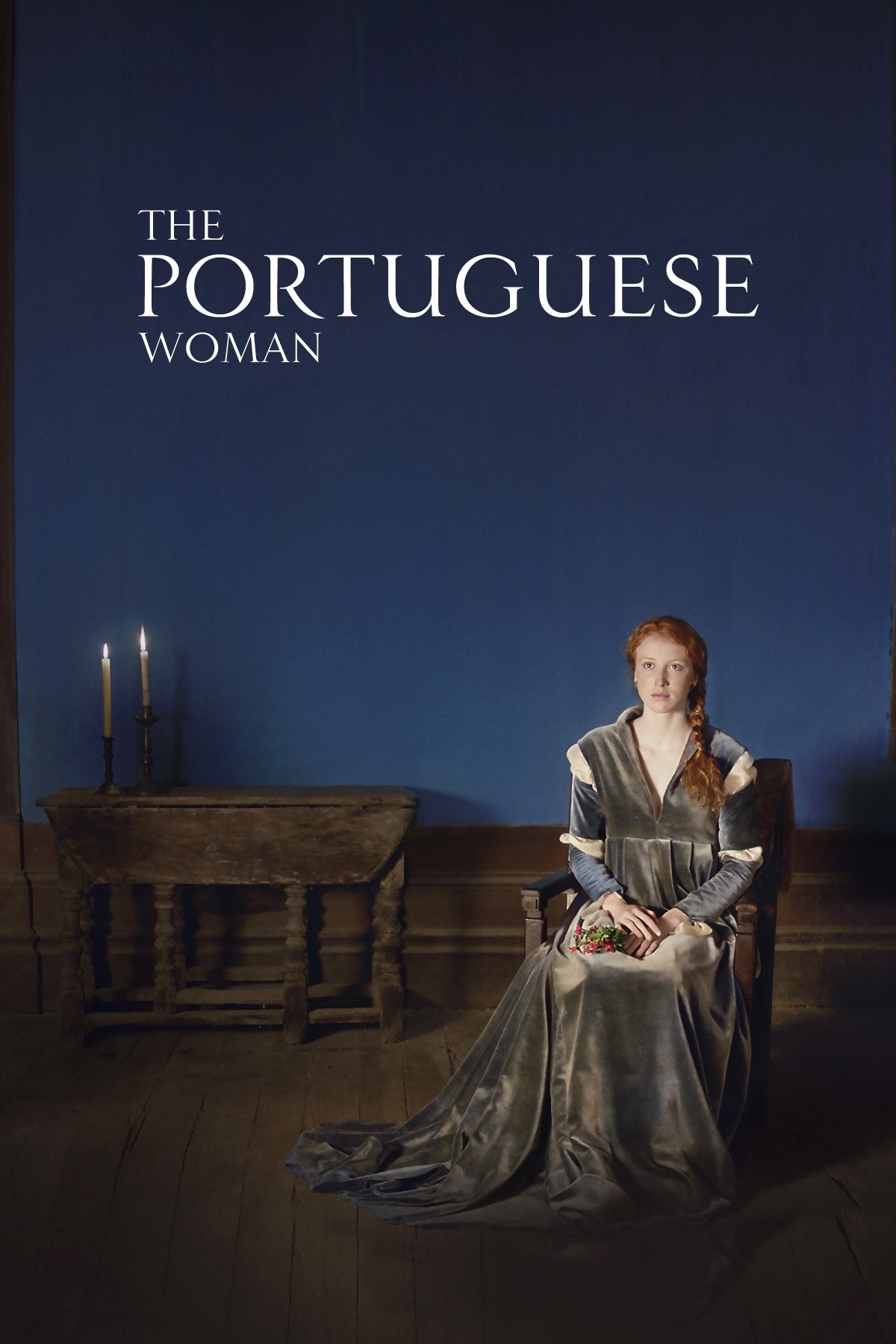
North of Italy, the von Kettens dispute the forces of the Episcopate of Trent. Herr Ketten seeks marriage in a distant country, Portugal. After their honeymoon journey back home, Ketten leaves again for the war. Eleven years elapsed… Rumours are running about the presence of that 'foreigner' in the castle. Some say she's a heretic. Until one day, the Bishop of Trento ends up dying and, with the signature of peace, falls the background of von Ketten's life. Will the Portuguese win, where death seems to be moving in?
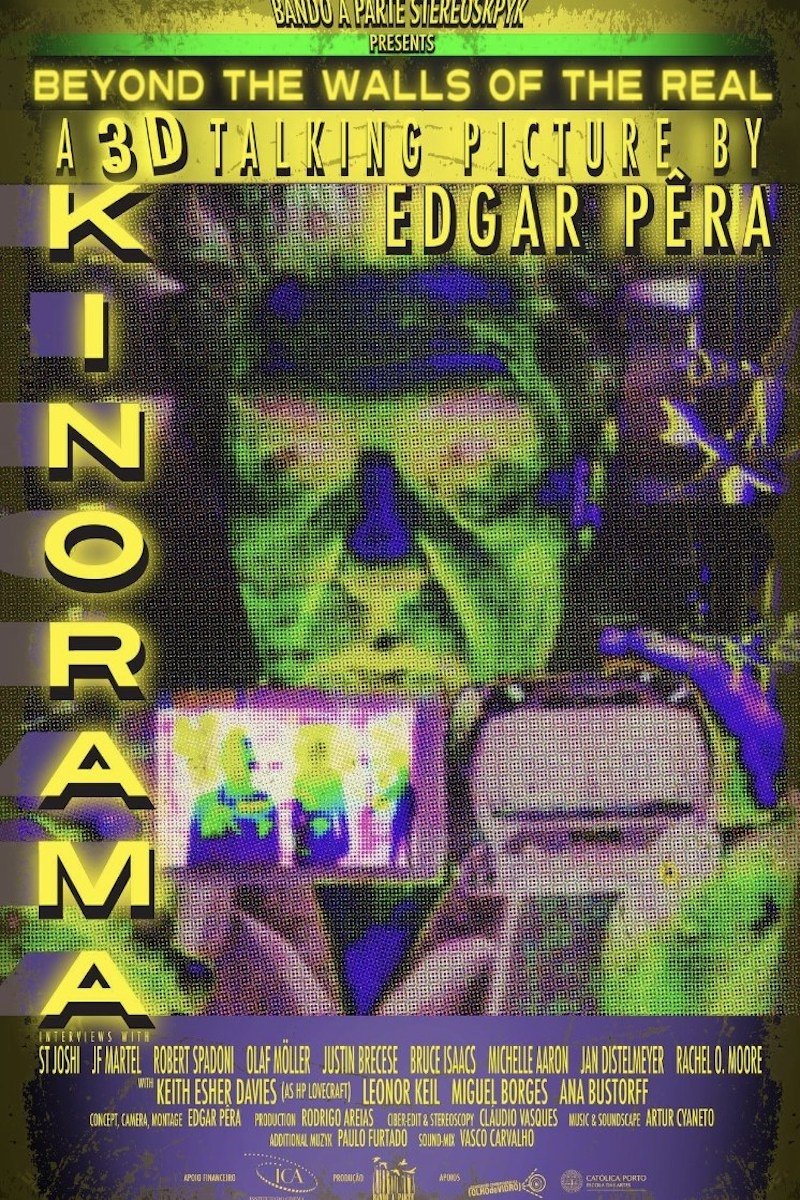
In 2016, Edgar Pêra released The Amazing Spectator, a playful investigation into cinema’s disquieting essence that had everything from negative film images of boobs and positively splendid interviews to a donkey hand puppet. The film and an accompanying book formed his PhD thesis. But as so often with him, projects turn into obsessions – especially when there are masses of notions not pondered, thoughts not elaborated upon. And so KINORAMA - Beyond the Walls of Cinema was born, a stand-alone continuation of The Amazing Spectator that looks at cinema’s future in cyberspace and, accordingly, perhaps the end of its enslavement to figurative representation, the 'stupid sacred in narrative cinema' (to use a Pêra’ism), realism and artificiality in 3D cinema, and many other aspects.